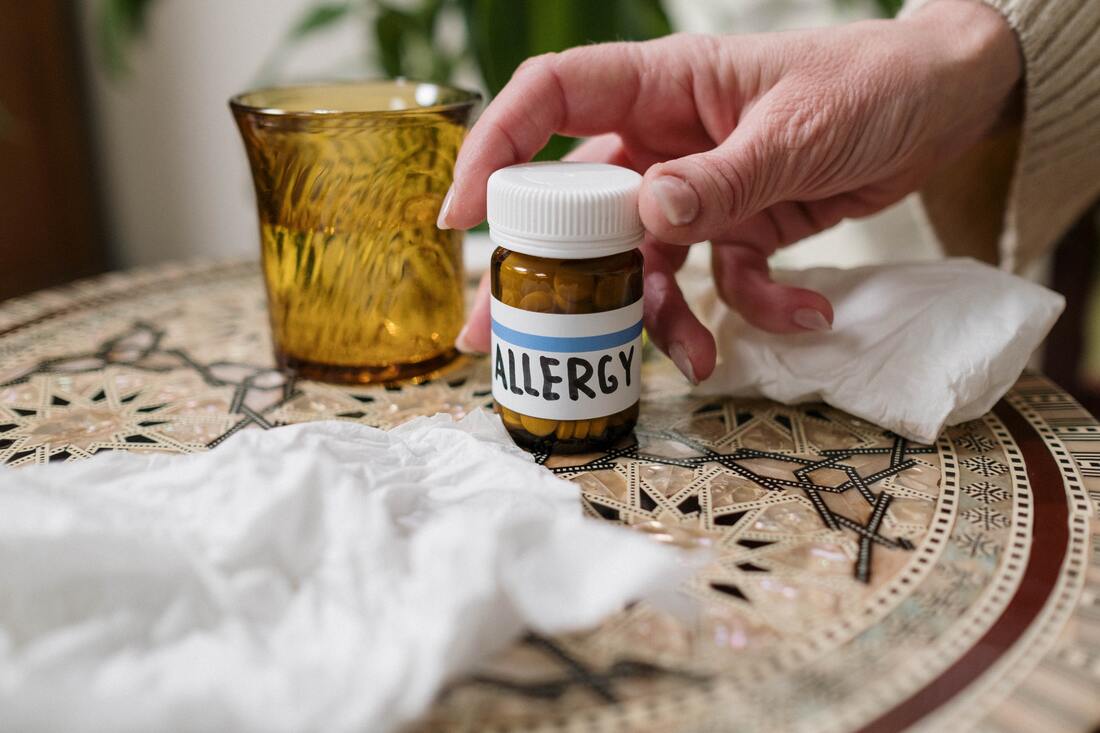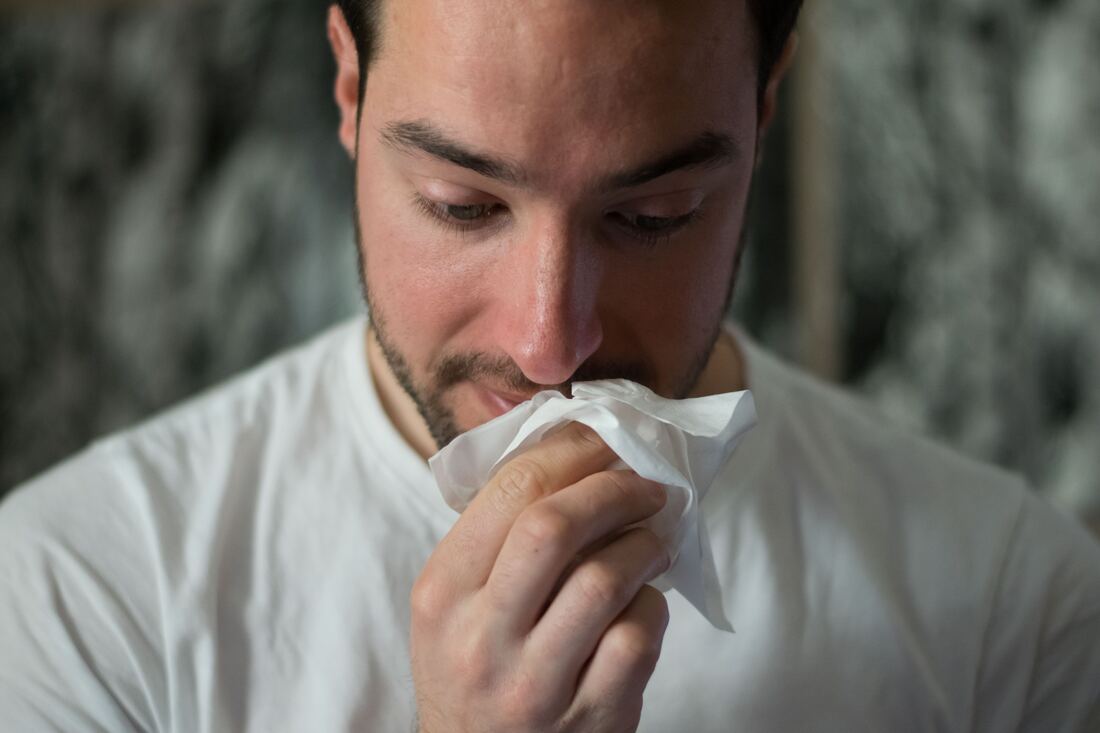|
Allergy season can be a real pain to deal with, and it’s so frustrating if you’re one of the millions that suffer. After a long dark winter, the sun finally comes back out and you’re excited to get outside and enjoy your life, and out of nowhere are hit with symptoms. Sneezing, runny nose, itchy eyes, coughing and general discomfort it’s no fun whatsoever. However, there are some things you can do to get through it and minimise your hayfever symptoms as much as possible. Read on to find out more When is Allergy Season?Allergy season will generally vary depending on where you live and what specific type of allergy you have. Some people are allergic to grass pollen, others flower pollen and some are allergic to tree pollen meaning it depends when these different plants start pollinating. Most people will generally start having issues starting in the spring, in some it wont start until summer or fall but if you’re unlucky and allergic to a number of different types of pollen then you will likely suffer all the way through. If you're allergic to ragweed, you may also experience skin rashes and hives on top of your respiratory symptoms. People that are allergic to pollen are often allergic to things like mould and dust mites as well, and these can also be problematic during the warmer months. What Causes Seasonal Allergies?When allergens enter your body, your immune system sees them as a threat and releases histamine; this is a chemical that your body produces and causes a chain reaction that leads to allergy symptoms like sneezing, itching, and congestion. Think of histamine as your body's alarm system. It's like a fire alarm that goes off when it detects danger. When allergens enter your body, your immune system sends out histamine to sound the alarm and tells your body to take action. Sometimes your body overreacts to harmless allergens and releases too much histamine, mistakenly seeing minor allergens such as pollen and spores as bigger threats, revving up your immune system and leading to your allergy symptoms. Allergens can enter your body through your nose, mouth, or skin. When you’re allergic to pollen, this tends to enter your body through the nose and mouth as these tiny particles are carried by the wind and can get everywhere. If you’re badly affected, even sitting in your house with the window open will likely set you off. Why are Some People More Affected by Allergies Than Others?There’s no doubt that some people suffer more with allergies than others. If you look around during the spring and summer you’ll see those with a red nose, runny eyes and coughing having a terrible time. And others that are completely unaffected. But why does this happen? As with all allergies, they tend to happen as a result of both genetics, and other factors like exposure to allergens (or not) early in life. Exposure to allergens in early life can actually increase the risk of developing allergies later on. This is because when your immune system is still developing, it's more likely to overreact to allergens and develop an allergic response. In fact, some studies have suggested that children who grow up in overly clean or sterile environments may be more likely to develop allergies because their immune systems aren't exposed to enough germs and other environmental triggers to develop properly.. It's a complex process, and more research is needed to fully understand the relationship between early-life exposure to allergens and the development of allergies. Most people won’t know why they’re allergic, just that they are. You can also develop allergies at any point in your life, so even if you’ve never had a problem before you can suddenly develop symptoms one spring out of the blue. Certain risk factors that make you more susceptible to allergies include: A family history of allergies Exposure to pollution, smoke or chemicals Children are more likely to develop allergies than adults because their immune systems are still developing. You live in areas where allergens are more prominent Treatment Options for Allergy Season There are lots of different treatment options available for allergies during the problematic season. These will depend on your preferences, how bad your allergies are and in some cases how long you have had them. From over the counter options such as anti histamine pills to nasal sprays and decongestants, to stronger prescription based medicines. In some cases, allergy shots might be a good choice if your allergies are extreme and impacting your life or work. You might even want to find an ENT specialist who can get to the root cause of your problem and tailor a treatment plan for you to alleviate the issues that you have.
For many people, seasonal allergies are a minor annoyance, but in others they’re extreme and can really affect them for months on end. So dont suffer, it’s so worth trying the different types of over the counter medications that are available and then moving on from there if they’re not effective for you. If you dread the warmer months because you know you’ll be feeling irritated with your symptoms then do what you can to alleviate them and seek specialist help if you need it. The spring and summer is a great time to get outdoors, socialise, do fun things and get some exercise so dont miss out on these things because of your allergies. What is the most effective hayfever remedy you have come across?
1 Comment
Natalia
4/11/2023 07:02:20 am
May is the worst month for allergies for me, I need to make sure I have all my medications
Reply
Leave a Reply. |
Categories
All
Archives
May 2023
|






 RSS Feed
RSS Feed

